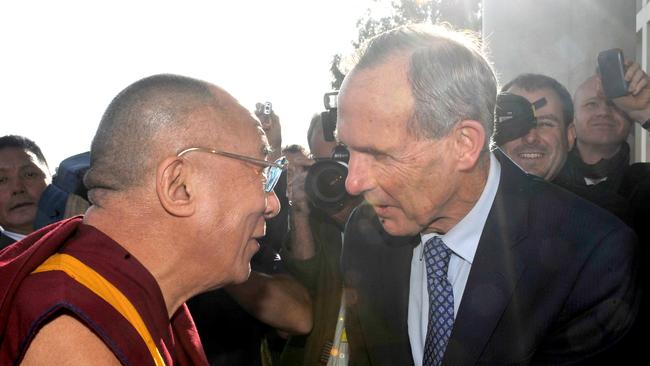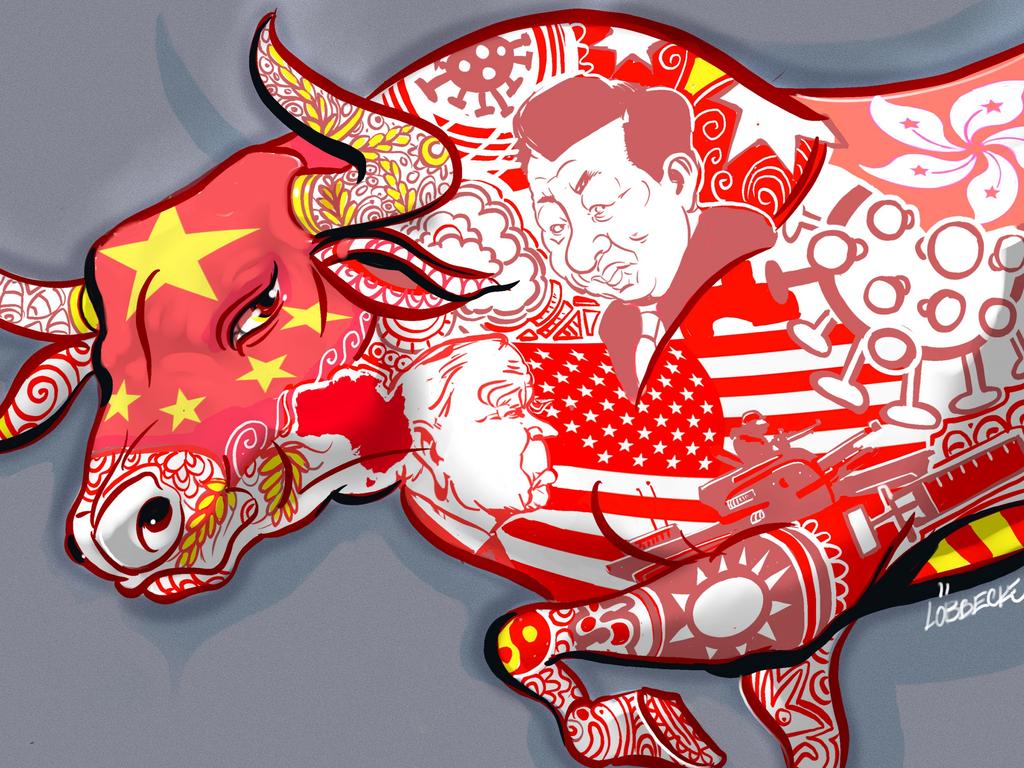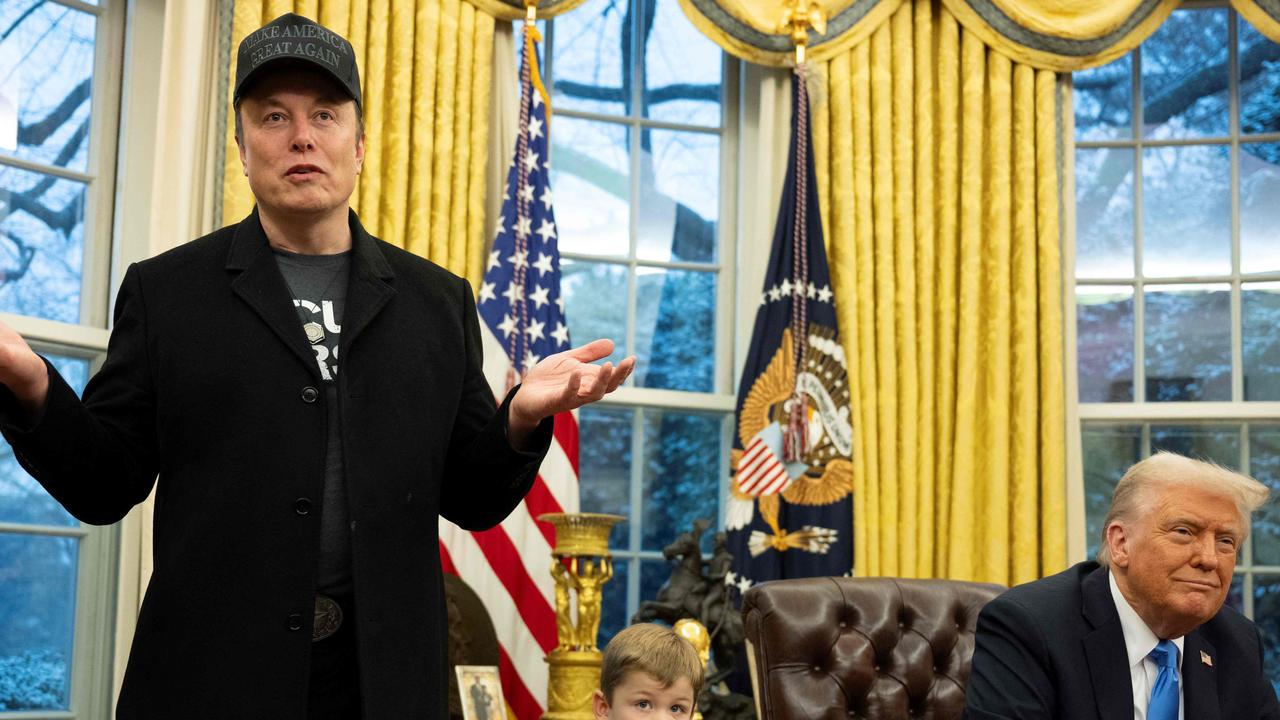We must never be afraid to speak up on China

I chaired an early session and prefaced my contribution by saying that the people of Australia were appalled by the bloodshed in Beijing and that they had given a warm welcome to the Dalai Lama on his recent visit. Whitlam called me aside later to say that Beijing was highly displeased and that the following year’s conference might be canned if there were further displeasure. It was up to me: he was not asking me to be quiet.
I told Gough I would deliver my speech the next day as written. In that speech I elaborated on the shock in Australia at the Tiananmen Square massacre and the support for the Dalai Lama to return to Tibet. This drew an icy reception from the hundreds present with a smattering of claps from some of the Australians. Outside, a student tugged my coat and whispered in my ear “thank you, Mr Brown, for speaking up for us” as he hurried past and disappeared.
After entering the Senate in 1996, I remained an advocate for the rights of the Chinese people and for freedom for Tibet and the Uighurs, helping host the Dalai Lama and Uighur leader Rebiya Kadeer to Parliament House when prime minister John Howard refused to meet them.
I was the political polar opposite to my fellow Tasmanian senator Brian Harradine in most things but human rights for the Chinese people. Yet we were as one in criticising the government of the day when, for example, with Beijing implementing its “one child” policy, an eight-months-pregnant woman was deported from Australia and, on arrival in China, had a forced abortion.
Over the past 30 years, the Greens have spoken up against the prevailing policy of the Coalition and Labor, implemented under the Keating government, that discussion of the rights which should be accorded the people of China is not a matter for the Australian parliament to discuss. Both larger parties have maintained this is best relegated to an annual behind-doors ministerial meeting (where neither Beijing’s bullying tactics nor Canberra’s obsequiousness were on public display).
It remained generally obvious that, for Australia’s leaders, domestic trade and growth interests conquered international democratic rights. Seeing this weakness, and sensing the power of Australia’s business community over government policy, Beijing was emboldened.
In October 2003, on the eve of an address to our parliament by president Hu Jintao of China, Beijing coerced the presiding officers into banning me and fellow Greens senator Kerry Nettle from that sitting. Hu had correctly feared that I might have politely interrupted his speech with a call for democratic rights in China including in Tibet.
Harradine and I had both asked the government to use the occasion to speak up about the rights of the Chinese people. Maybe it did not help the situation that I said: “If we are to entertain the thought of president Hu coming to the rostrum to address the several hundred representatives elected by the people of Australia, for goodness sake, let us not even mock the situation in the Great Hall of the People in China, where nobody can speak on any subject unless permitted to do so. We are not mummies. We are not here just to listen. We are here to take part in debate.”
Though I have a great regard for the Chinese people, I am banned from going back to China simply because I spoke up for democratic and human rights there, as I have for those rights in many other countries including our own. I am not always on the same page as business leader Innes Willox, but it was refreshing to hear his call, last month, regarding the Chinese regime: “Don’t cave in on our core beliefs and principles; be strong, don’t be weak.”
Bob Brown is a former leader of the Australian Greens.





In 1990, the year after the Tiananmen Square massacre, Gough Whitlam wanted an environmentalist to join his delegation to the Australia-China Friendship Society’s meeting in Xiamen on the coast north of Hong Kong.